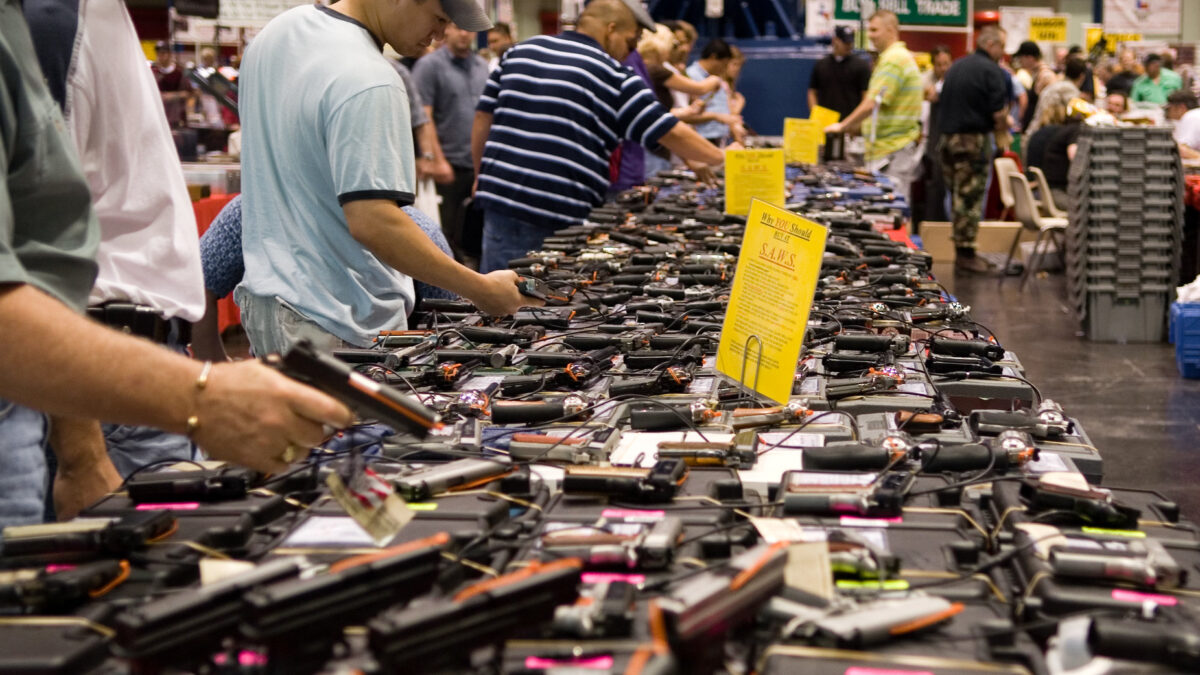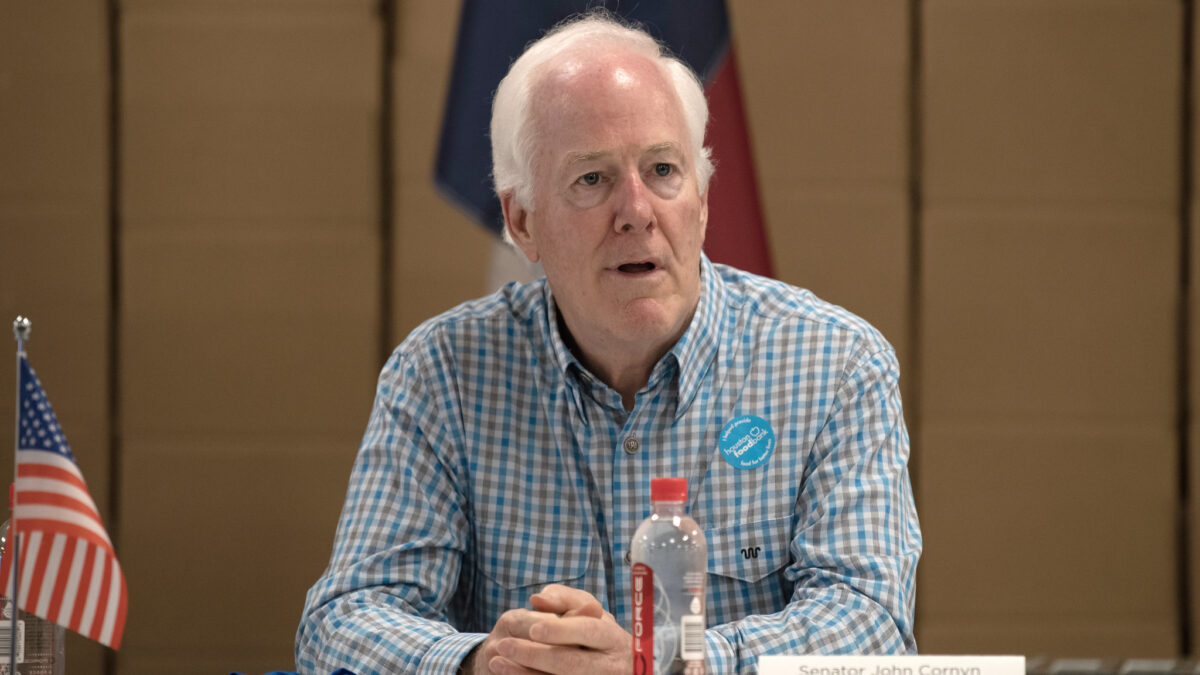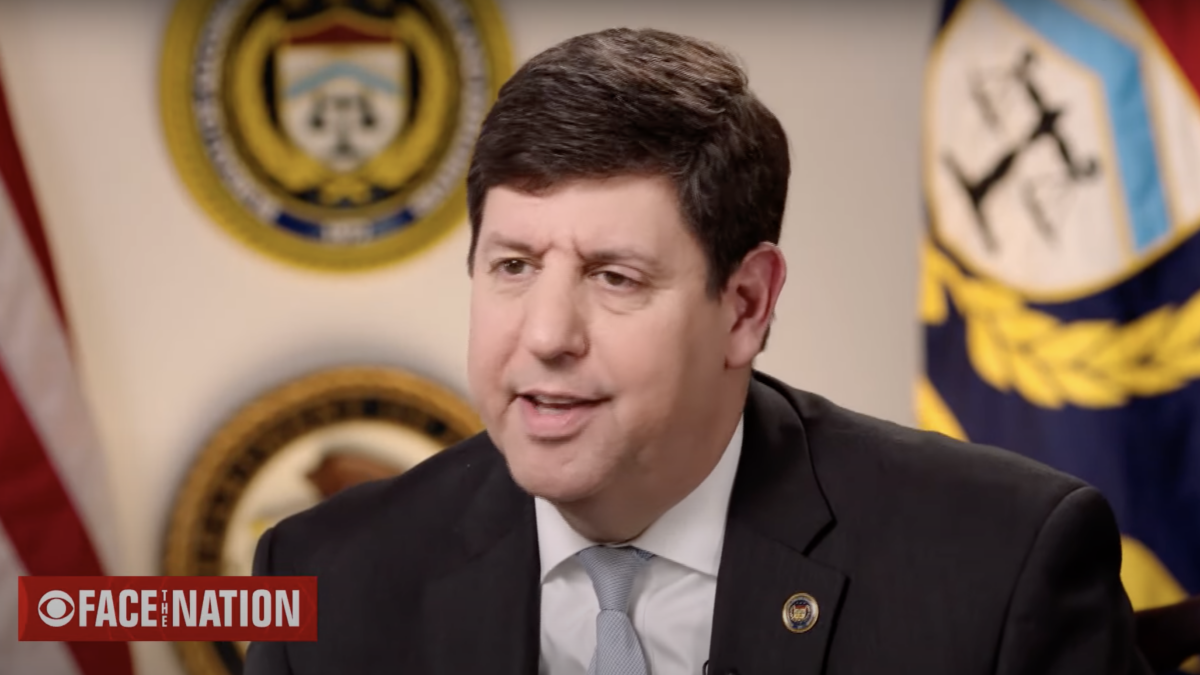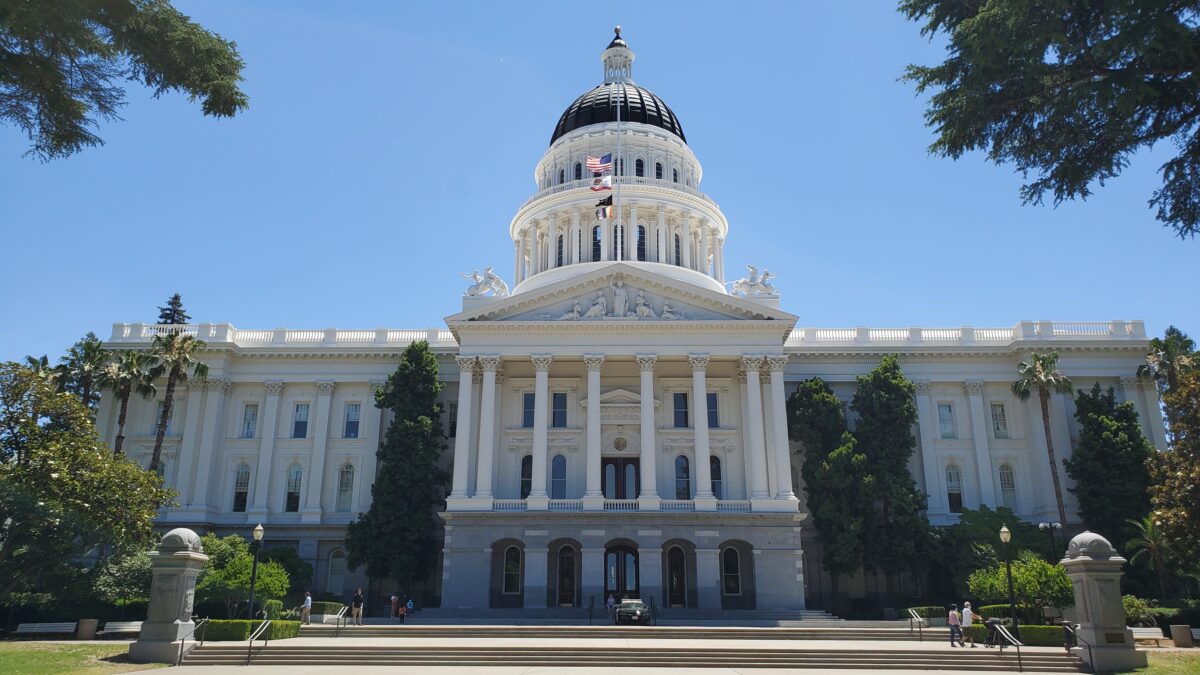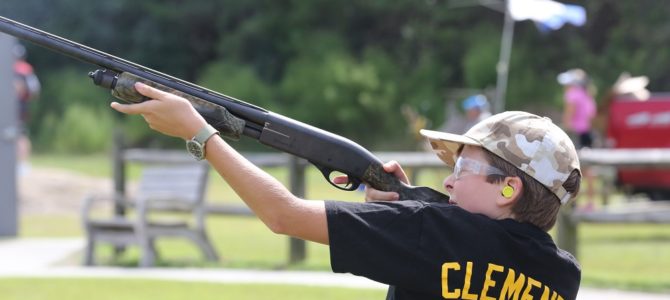
When I was 16 years old, I would have voted to take your right to own a gun away. The Columbine massacre happened in April 1999, when I was a junior in high school. While not the first school shooting, it was the first to rage across the country and the world instantaneously in the new digital age.
The news was omnipresent, and I remember watching the reports unfold live on TV in homeroom. As with 9/11, we watched the news in shock and growing fear. Being in school was tangibly frightening as the hallways slowly closed in on us and each classroom felt like a cage. I watched the door as shadows passed by, fantasizing about what I would do if it happened here.
I grew up in a rural town where so many students and teachers took off for the first day of hunting season, school closed. My grandfather kept a gun in his side table by the TV and a rifle over the doorframe in the kitchen. He got his first gun when he was eight years old, and loved telling me stories of receiving rifles and handguns each birthday and Christmas.
He and his childhood friends took their guns with them to play in the woods. They shot cans, trees, and the occasional squirrel. My dad received his first gun when he was 12. Part of his physical education class was shooting practice on the football field, where he and his classmates brought their own guns to school.
My grandfather bought me a BB gun when I was eight years old. He taught me how to use it. I remember standing in the backyard aiming at anything I thought wouldn’t ricochet back and firing until I ran out of BBs. My dad didn’t like guns, and didn’t want me to use one for fear I might hurt myself. But my grandfather insisted I learn, at the very least, how to aim properly.
Shooting a Pigeon Turned Me Off Guns
After shooting a pigeon at the request of my grandmother and feeling guilty for hurting it, I decided I didn’t really like guns either. In my class, this made me kind of weird. Most of the boys my age had killed their first deer by age 10 or 11, and handguns and rifles were common.
By the time I entered college, I had become an active anti-gun advocate. I thought there was absolutely no purpose to having a gun. I joined the anti-war movement during the Bush years and viewed gun ownership as a symbol of the backwards, redneck, military culture George W. Bush represented that I and all my friends despised.
I wrote papers arguing against the Second Amendment on the grounds that it was outdated and, like so many other things in our culture, rooted in hatred and insecurity. I chanted all the slogans and repeated all the same arguments, and my professors glowed with approval. I genuinely believed I had the answer to the problem.
My grandmother’s second husband carried a gun with him, had a few hung over doorways, and even had a specially made belt with a tiny pistol on the front. During my anti-gun years, he was my evidence for why gun ownership equated with intolerance and ignorance. I looked at him as a relic of a time long since overwritten by progress, and I smugly smirked at the idea he and his generation would soon be gone and this madness would end. I saw him as dangerous, irrational, afraid, and putting other people’s lives at risk, all for the sake of his need to feel secure.
Then I Became Strong Enough to Examine Myself
A few years into conservative thinking, reading, and arguing, I recognized my opposition to guns came from social snobbery more than reason. I genuinely believed all we needed was a government declaration that guns were no longer legal. None of those ideas were challenged in a way that changed my mind. To this day I am uncomfortable around guns and do not have an interest in owning one. What changed was my view of my rights.
My grandfathers and dad held a deep understanding of their right to own and carry firearms. It was so normal to them it seemed absurd to suggest otherwise. My dad chose not to have a gun around, although he never let go of a childhood rifle he kept locked away “just in case.” His desire to protect me from harm motivated his restriction on my gun education as a child, but he never forbade me from pursing it as an adult. It was always my choice.
But I saw gun ownership from a position of emotional danger. Other people owning guns felt like a direct threat to my safety. The fear originated from sitting in class in 1999 and simply grew over time as I imagined what danger I could be in everywhere I went.
I changed my mind when I realized the Second Amendment was a recognition of an inherent right rather than something the government allowed us the freedom to enjoy. Like speech, it became clear to me that this right had more to do with liberty than personal security or interest. Restricting gun ownership is an act of government infringement on our civil rights.
The Root of Gun Control Is Irrational Fear
Progressives are afraid. The media has developed in our culture a sense of tangible fear in much of the population of potential harm to their families. While gun advocates see this particular weapon as a defense against the violence of our world, progressives view it as a singular source of that violence. They have developed a phobia so profound that they cannot rationally assess the actual danger involved and simply lose themselves in hysteria.
Guns are scary because they represent every social stereotype progressives fear in America solidified into a single, direct threat to their safety. They believe the only solution is government intervention to protect them from that threat.
Parkland students have been emotionally traumatized from the shooting at their school, regardless of their proximity to the actual violence. I was thousands of miles away, watching the aftermath on television, and it deeply affected my sense of security. But these students also demonstrate a profound intellectual separation from how my grandfather’s generation viewed gun ownership, or rights as a concept, and they are not alone.
A generation of progressive activists have grown up with the same fear, paranoia, social disdain, and prejudice that I did, and they are leading massive advocacy groups today. They organized the March for Our Lives event and reach young people who have experienced the threat of gun violence from the media their entire lives.
This is not a rational argument. No amount of insistence that my grandfather had a right to do what I felt threatened my safety mattered to me. No statistic or comparison to other forms of violence persuaded me, because the gun represented an America I wanted erased from history. The gun itself is an object of tribal association and a psychological token of both freedom and helplessness.
Our Culture Has Changed, and So Must the Arguments
I became a pro-gun advocate and joined the National Rifle Association because I so strongly value liberty and deeply oppose government infringement on my civil rights for any reason that I realized I had no other choice. When my husband excitedly tells me he wants to learn to use guns, I smile knowing he is free to do so.
Yet progressives want relief from their own terror and believe further restriction of rights they do not value or even recognize as valid will provide that relief. We can recognize that emotional experience without submitting to the hysteria. No restriction, background check system, or limitation will ever be enough, and no gun ban will ever satisfy the need to regulate violence out of humanity.
But we have to carefully look at our messaging. We cannot preach to the same choir and assume there is enough momentum to cancel out the media narrative. I am 35 years old, and everyone my age and younger has had a dramatically different experience than those who lived in a time when gun ownership was simply part of daily life without consequence.
The answer will come from security and prevention without restricting rights. A generation of children must grow up knowing that good guys with guns keep them safe, personal protection is the best defense against violence, and guns are simply a tool one can learn to master.
The choice to opt in, like my dad gave me, is insufficient. Gun owners need to make sure their kids are comfortable using guns now and taking an active part in local schools and government to ensure guns are not automatically viewed as a threat.
We cannot rely on public education to properly teach the principles of the Constitution or the value of liberty. This is going to take collective action and a recognition that we are not just fighting for a right, we are fighting for future generations to appreciate why inherent rights are needed in the first place.


